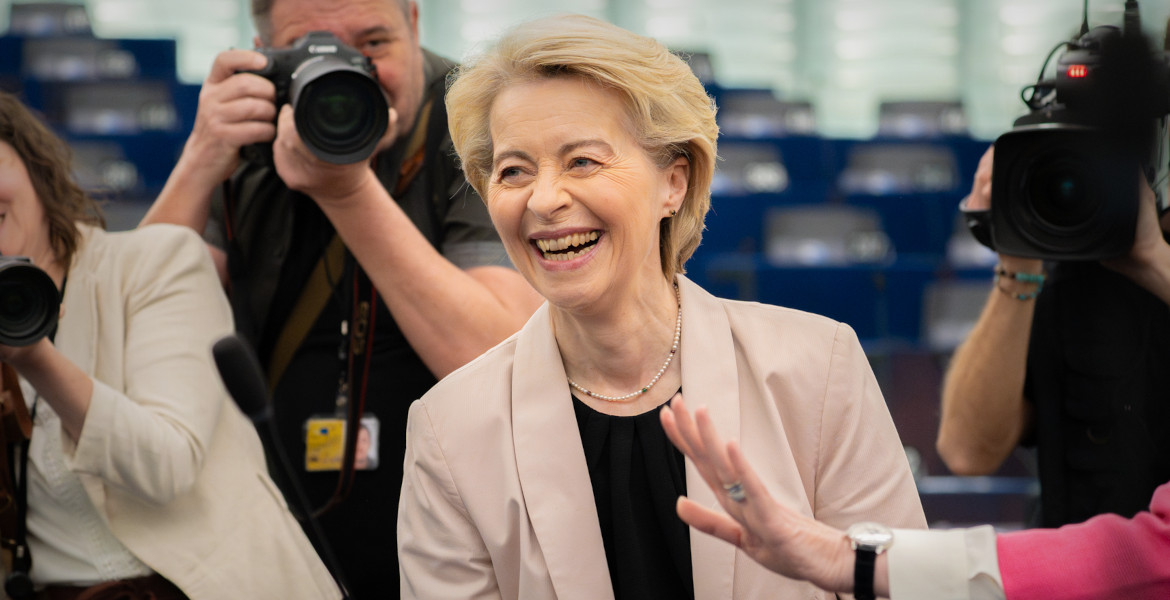Yesterday’s local elections in the German states of Bavaria and Hessen resulted in significant defeats for Federal Chancellor Olaf Scholz and his Social Democratic Party (SPD). At the same time, the FDP and the Greens, partners of the federal government, also experienced substantial losses. In contrast, the nationalist party Alternative for Germany (AfD) enjoyed significant success.
Scholz’s center-left government has been under severe pressure for some time, due in part to sharply rising energy prices following the cessation of gas imports from Russia, and has also faced growing opposition to the extensive funds it continues to allocate for the war in Ukraine.
Scholz’s ruling Social Democrats lost in the elections in the German states of Hessen and Bavaria on Sunday. According to a forecast by the broadcaster ARD, the SPD is expected to receive only 15.1% of the votes in Hessen, the country’s financial center – more than four percentage points lower than the results in 2018. Meanwhile, the Christian Democratic Union (CDU) is expected to secure 34.6% of the vote.
In the state of Bavaria, the CDU’s sister party CSU – which has governed Bavaria since the 1950s – is anticipated to receive 36.6% of the vote (37.2% in 2018). The SPD is expected to garner only 8.1% (9.7% in 2018).
After key regional elections on Sunday in Germany conservatives and right-wing populists are celebrating. The results are a blow for all 3 parties in Chancellor Olaf Scholz' left-wing-led national coalition. The ramifications will be felt across Germany.https://t.co/dcDnEAREU5
— Lucy Keaveney (@Luighseach) October 9, 2023
AfD advances strongly
At the time of writing, the opposition party Alternative for Germany (AfD) appears to be coming in second place in both Hessen and Bavaria with 18.5% and 15.7% of the votes, respectively. If the results hold, it would be a significant success for party leaders Tino Chrupalla and Alice Weidel.
In both states, this marks an improvement for AfD of more than five percentage points compared to the results of the last election. AfD’s profile issues include a significant reduction in immigration, and the party is explicitly critical of Germany’s ties to the military alliance NATO as well as Berlin’s decision to supply Ukraine with weapons.
Ein "Weiter so" kann es für die Ampel nach diesem desaströsen Ergebnis nicht geben. Die Bürger haben in Hessen & Bayern klargemacht, dass sie genug haben von Entmündigung, Enteignung und einer Migrationspolitik, die durch nichts zu rechtfertigen ist. Danke für die große… pic.twitter.com/GSgqhaNKy3
— Alice Weidel (@Alice_Weidel) October 8, 2023
Lars Klingbeil, the co-leader of SPD, acknowledged that the result was “two defeats” for his party.
“There were many crises in recent years that have contributed to the situation being the way it is“, he briefly commented on the results.
According to an ARD DeutschlandTrend survey, four out of five Germans are dissatisfied with Olaf Scholz’s performance. Currently, the government’s approval rating is at its lowest level since Scholz took office as Chancellor in December 2021.









